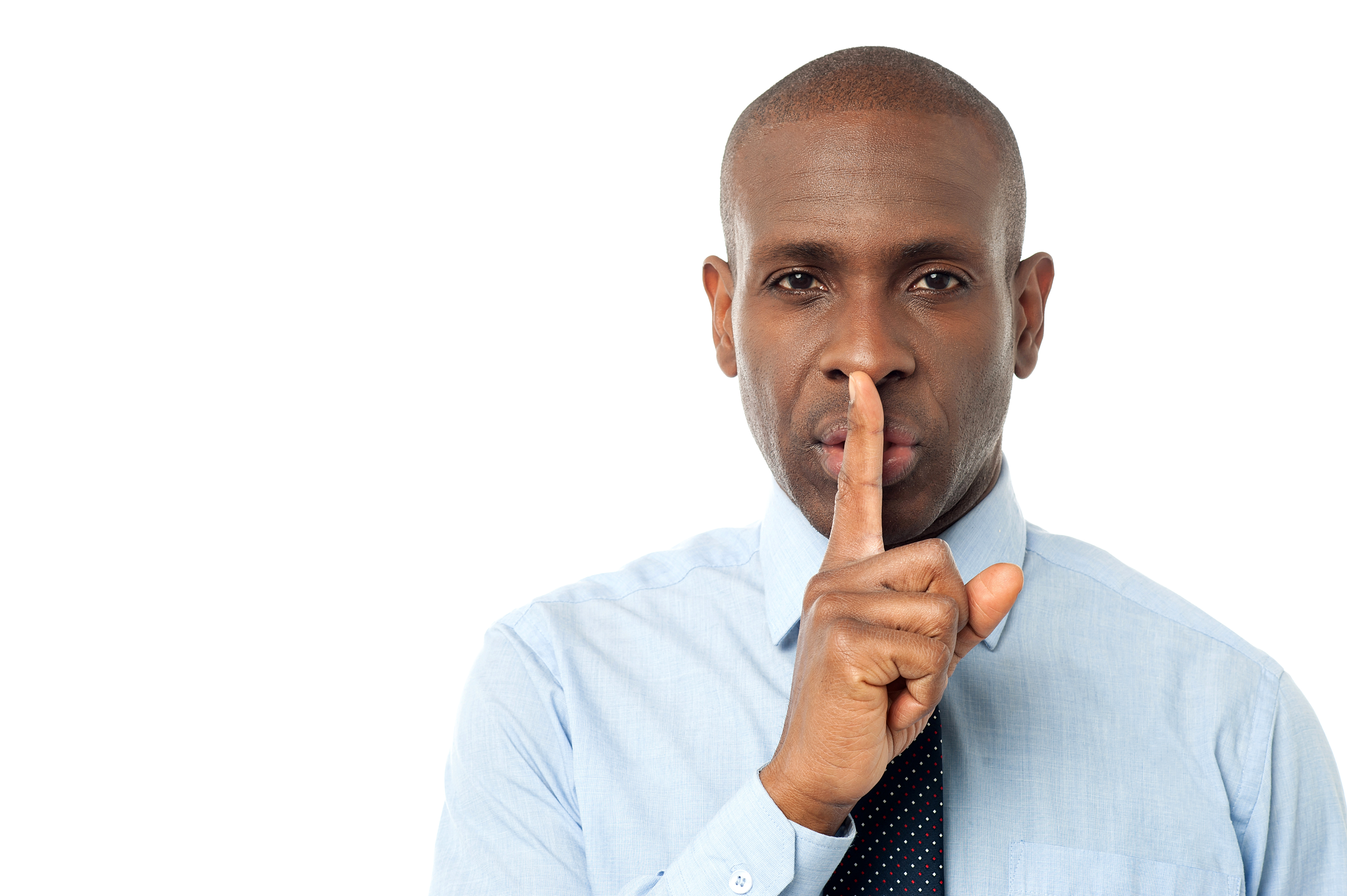What NOT to Say while Testifying

Testifying in court can be nerve-wracking. Because our legal system – in Florida and throughout America – is adversarial-based, there’s always going to be someone there who wants you to say something wrong… and who will try to make it happen.
Still, with careful preparation with your attorney and these tips, you should be able to make it through your testimony and feel good about what you said.
Don’t lie.
This seems to be common sense, but it has to be said. Never, ever say anything you know to be untrue on the stand. Not only did you swear to tell the truth before you started testifying, but any lie you utter can haunt you if the other side figures it out. If they can prove you lied just once, everything you said during your testimony is suspect.
Don’t guess.
If you don’t know the answer, say so. Guessing can be as bad as lying, if you guess wrong. If you used to know the answer and can find it in one of the documents you brought to court, you can always ask the court to allow your attorney to let you refresh your memory by looking at the documents. If you’re forced to estimate, estimate as accurately as possible.
Don’t talk about your character.
Making statements such as how you’d “never do something like this” can open the door to a whole host of things that can be used to prove that what you just said was wrong – and they can sound awful even if you’re in the right, this time. Stick with statements about this incident and what you did or didn’t do this time.
Don’t call other witnesses liars.
If ten people witness the same event, you can bet that all ten of them will remember it differently – sometimes very differently. When you testify, keep in mind that you don’t know why anyone else is remembering it differently. You can only say what you remember, yourself. Let the jury decide whether someone is lying (just don’t let it be you).
Your attorney will usually run you through a few practice questions and help you know more about what you can expect when you are testifying. We’ve just listed four things you shouldn’t do or say while testifying. We’ll end with two things you SHOULD do: tell the truth, and listen carefully to the question you are being asked.
If you are in need of a legal malpractice, personal injury, medical malpractice, accident, or whistleblower lawyer in Tampa, Florida, the Tampa Bay attorneys of Wagner, McLaughlin & Whittemore would be pleased to speak with you. We fight aggressively to protect the rights of our clients. Click here or call us today at (813) 225-4000 to schedule a free consultation.

